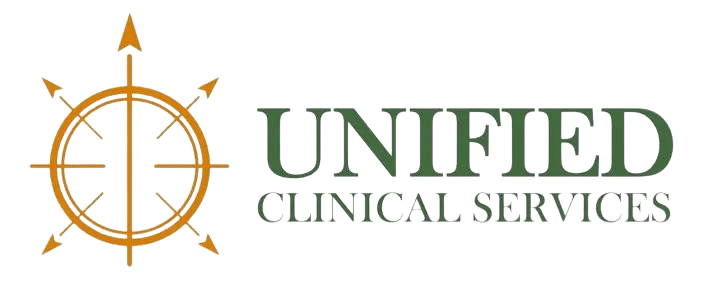Clinical Counseling
Eye Movement Desensitization and Processing (EMDR) is a type of prolonged exposure therapy with somatic (body) processing. The individual will learn Bilateral Stimulation (BLS) or cross-body "tapping" as I carefully guide the mental revisiting of a traumatic memory. This is conducted while the individual connects associated body sensations, emotions, and negative thoughts with the visualized trauma memory. Through the EMDR protocol; individuals will experience post-traumatic growth, a recalibrated nervous system, fear extinction, and an optimistic "mental map" for their future. EMDR can also help individuals without trauma or PTSD but suffer from phobias, obsessive type thoughts, irrational fears, panic, anxiety, anger, and reactivity.
Acceptance & Commitment Therapy (ACT) Acceptance and commitment therapy (ACT) is a daily practice that is designed to improve mindful and intentional actions that align to the individual's hierarchy of values. Ultimately, the individual increases psychological flexibility, while optimizing responses to people and situations. Individuals will learn to stop avoiding, denying, and struggling with their inner emotions and thoughts and instead use the information to improve agency.
Ecosystemic Structural Family Therapy (ESFT) is a treatment for dynamic family conflicts or Core Negative Interactional Patterns. Typically done with each family member committing to individual therapy while participating in family counseling sessions 1-2x a month. ESFT begins with the fundamental assumption that all dynamics within the family are linked to relational environments. If these environments were traumatizing or toxically stressful, patterns of behavior will be evident in the family pedigree, causing interpersonal tensions, breakdowns of communication, and fracturing of family members. I utilize an evidence-based communication framework called L.E.A.P. (Listening Reflectively, Empathizing, Affirming, and Partnering) to engage family members in difficult conversations regarding transgenerational trauma and maladaptive relationships within the family to bring about improved empathy, understanding, and support.
Court-Ordered Evaluations Court-ordered evaluations (COE) and court-ordered treatments (COT) are designed to help people who are struggling with legal situations and may be ambivalent towards to change. Services include: Mental Health evaluations for Children & Youth Services, 'Drug & Alcohol" evaluations due to a criminal complaint or DUI, counseling curriculum to address substance abuse and/or DUI concerns, and forensic counseling & advocacy for legal defense.

